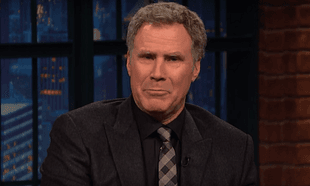Most of us roll out of bed in the morning, crawling towards the kettle so we can brew up a cup of Joe to get us going and ensure our eyes stay open for a few minutes, but does that mean we're addicted to a drug?
Well, the answer is less clear than once thought, as the Diagnostic and Statistical Manual of Mental Disorders (DSM), which is endorsed by the American Psychiatric Association, now lists caffeine-related disorders amongst the conditions in the manual.
According to The Irish Times, the symptoms of a caffeine-related disorder vary, but can include restlessness, nervousness, excitement, gastrointestinal upset, involuntary muscle twitching, rambling speech, rapid and irregular heartbeat and sleeplessness, none of which sound like any craic.
Dr Charles O’Brien, chair of the substance-related disorder group that the DSM refers to on these matters, has stated that it "is a drug used by almost everybody on a daily basis”, but that we tend not to think of it in those terms. He also added that, like other drugs, there are withdrawal symptoms if you take a lot of it.
With the Food and Drug Authority in the United States launching an investigation into the effects of caffeine consumption, in particular on teenagers, the rule that it is most applicable is that age old one of common sense: all in moderation.
Many people see caffeine, both in the form of coffee and in the form of energy drinks, as something that will boost their productivity or as a pick-me-up when they need energy, but it can be easily abused, and should be taken in the right dose by sticking to the guideline limits. However, that doesn't change the fact that this means an addiction to caffeine is still now listed as a mental disorder, which suggests it might have a stronger hold on many of us than we're willing to admit.
Via The Irish Times








































































